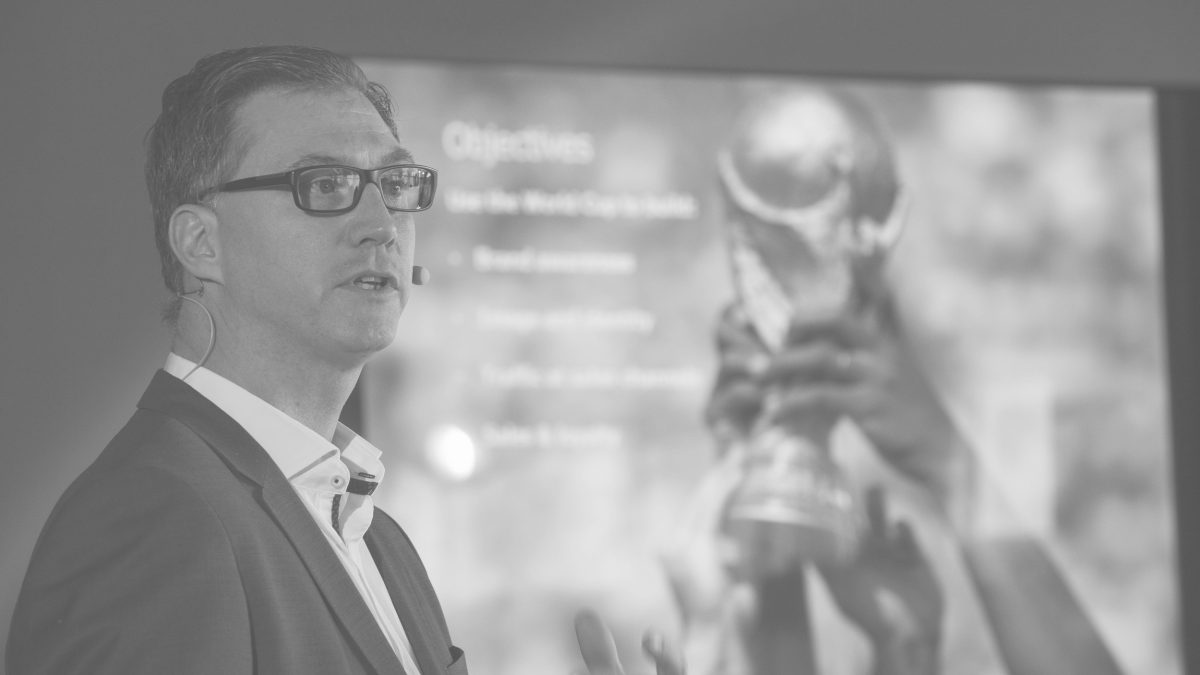Tradition, talent, and technology


Attending the recent Leaders Week offered a snapshot of the past, present, and future. Leaders is a watering hole for legacy brands, agencies, investors, players, and administrators through to upstarts and disruptors, gathering at Twickenham rugby stadium in London.
Embracing change never seems to get any easier in the sports industry. Tradition can be both an asset and a risk as CEO of the Bundesliga Donata Hopfen confirmed, entering the DFL’s 60th football season. After €1 billion of losses due to Covid, the road to recovery will be a blend of their USP ‘50+1 rule’ combined with customer journey mapping, closer ties with society, fan club dialogue, sustainability, and innovation. But key to achieving this will be a broader skill base across the football industry.
Departing President and Deputy Commissioner of Major League Soccer (MLS), Mark Abbot painted a bright picture based around quality players and fan experiences. With MLS franchises investing some $5 billion in stadia, teams with average player ages of 24, a new partnership with Apple starting 2023 and pure parity in terms of the business model, the future looks even brighter. Oh, and by the way an average MLS club franchise is now valued at $550 million.
In elite sport, talent on the pitch often determines the potential off the pitch. Although listening to Thierry Henry explaining Rezzil and Player22, the reverse might be true. Player22 features technology enhanced training drills to improve your fitness, sharpen your vision, and enhance your skills. In Henry’s words “Your eyes are useless if your mind is blind”…..possibly quote of the conference.
Ed Smith, author, former professional cricketer, and England national team selector shared his insights to the identification of sporting talent with Unofficial Partner podcast host, Richard Gillis. In a wide-ranging reflection on ‘art vs. science’ with personal experiences Smith unpicked some of the urban myths in professional sport. Once again tradition, technology and innovation collide. Data is also key but not to the same degree as Moneyball. As Smith explained the difference between ‘talent that whispers vs. talent that shouts’, borrowed from Rasmus Ankersen, former co-director of football at Brentford, now at Southampton. In summary, data can help us make smarter decisions but is not a replacement for human judgement. Creative solutions or conventional wisdom? You can listen to the full session via UP272 and decide for yourself.
If there are three words that appear with monotonous regularity when discussing US sport franchises, it is ‘the ownership group’ which loosely translated is a collection of wealthy investors, families or business partners who see upside in buying sports assets. Gerry Cardinale, Founder and Managing Partner of RedBird Capital Partners has invested in Toulouse, Liverpool F.C and now AC Milan. According to Cardinale the market is awash with too much capital and too few actionable investments, but AC Milan has potential. Deficit financing should be avoided and a multiple of cash flow considered instead of revenue combined with a business plan written from ‘top down and bottom up’. Sounds familiar but Cardinale feels the traditional formula of sport and media needs to integrate culture more as a strategic building block, which in the case of AC Milan could be fashion. No surprises there.
The Metaverse, NFTs and Web3 are always bubbling below the surface. Two key takeaways appear to be ownership and inter-operability in combination with blockchain. This would reduce pirated content and walled gardens owned by the likes of Facebook, Instagram, and Twitter. Despite the impression of shifting into a virtual world, bridging the physical and digital experience would offer the best of both worlds. If there was any doubt about new talent, Jordan Schwarzenberger, Manager of The Sidemen revealed the ability of 7 friends to engage GenZ as they drive the creator economy. According to Jordan, in 10 years’ time consumers will no longer be buying from brands but from brands of people. Hopefully, they will leave a legacy for the next generation as well, online, offline, or preferably both.